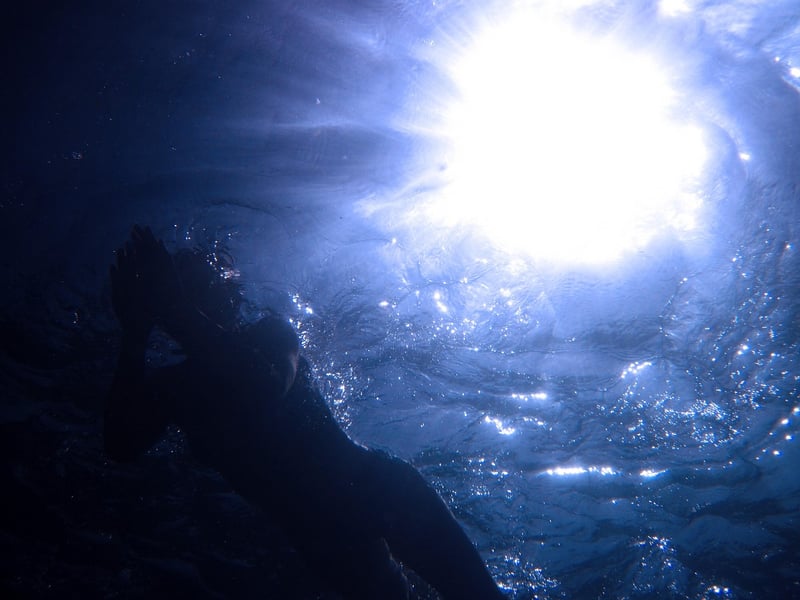Dive Lights
Exploring the Depths: A Guide to Dive Lights

Introduction
When venturing into the underwater world, having the right equipment is crucial for a safe and enjoyable experience. Among the essential gear for divers, a reliable dive light is a must-have tool. Dive lights not only illuminate the underwater environment but also enhance visibility, allowing divers to explore with confidence. In this guide, we will explore the importance of dive lights and provide insights into choosing the right one for your needs.
Benefits of Dive Lights
- Enhanced Visibility: Dive lights improve visibility in dark or murky waters, revealing hidden marine life and underwater landscapes.
- Safety: Illumination provided by dive lights helps divers stay oriented, locate dive buddies, and signal in case of emergencies.
- Night Diving: For night dives, dive lights are essential for navigating and observing nocturnal marine creatures.
- Photography: Dive lights are indispensable for underwater photography, allowing photographers to capture vibrant and detailed images.
Choosing the Right Dive Light
When selecting a dive light, consider the following factors:
- Light Output: Opt for a light with sufficient brightness for your diving conditions.
- Beam Angle: Choose between wide beam angles for broad coverage or narrow beams for focused illumination.
- Battery Life: Ensure the dive light has a long-lasting battery to support your dive duration.
- Depth Rating: Select a dive light rated for depths that match your diving activities.
- Durability: Look for dive lights made from robust materials that can withstand underwater pressure and rough handling.
Types of Dive Lights
There are various types of dive lights available, including:
- Primary Dive Lights: High-powered lights for general visibility and exploration.
- Backup Dive Lights: Compact lights used as a backup in case the primary light fails.
- Video Lights: Lights designed for underwater videography to enhance video quality.
- UV Lights: Ultraviolet lights for revealing fluorescent marine life and coral fluorescence.
Caring for Your Dive Light
To ensure the longevity of your dive light, follow these care tips:
- Rinse the light with fresh water after each dive to remove saltwater and debris.
- Store the light in a cool, dry place away from direct sunlight when not in use.
- Check O-rings and seals regularly for any signs of wear or damage.
- Follow manufacturer instructions for battery maintenance and charging.
Conclusion
Investing in a quality dive light is essential for any diver looking to explore the underwater world safely and effectively. By choosing the right dive light and properly maintaining it, you can enhance your diving experiences and discover the beauty of the ocean depths like never before.
Happy diving!
